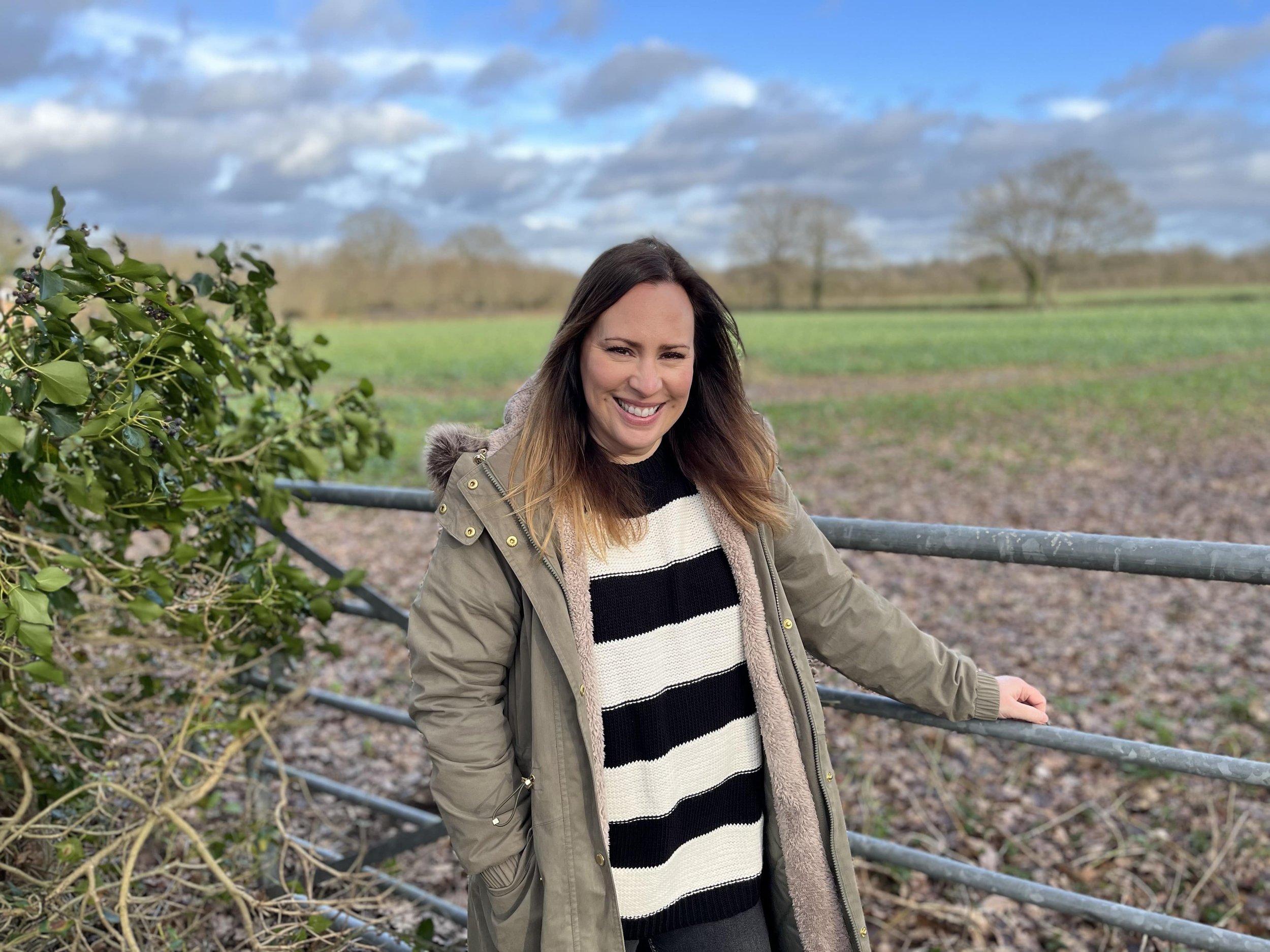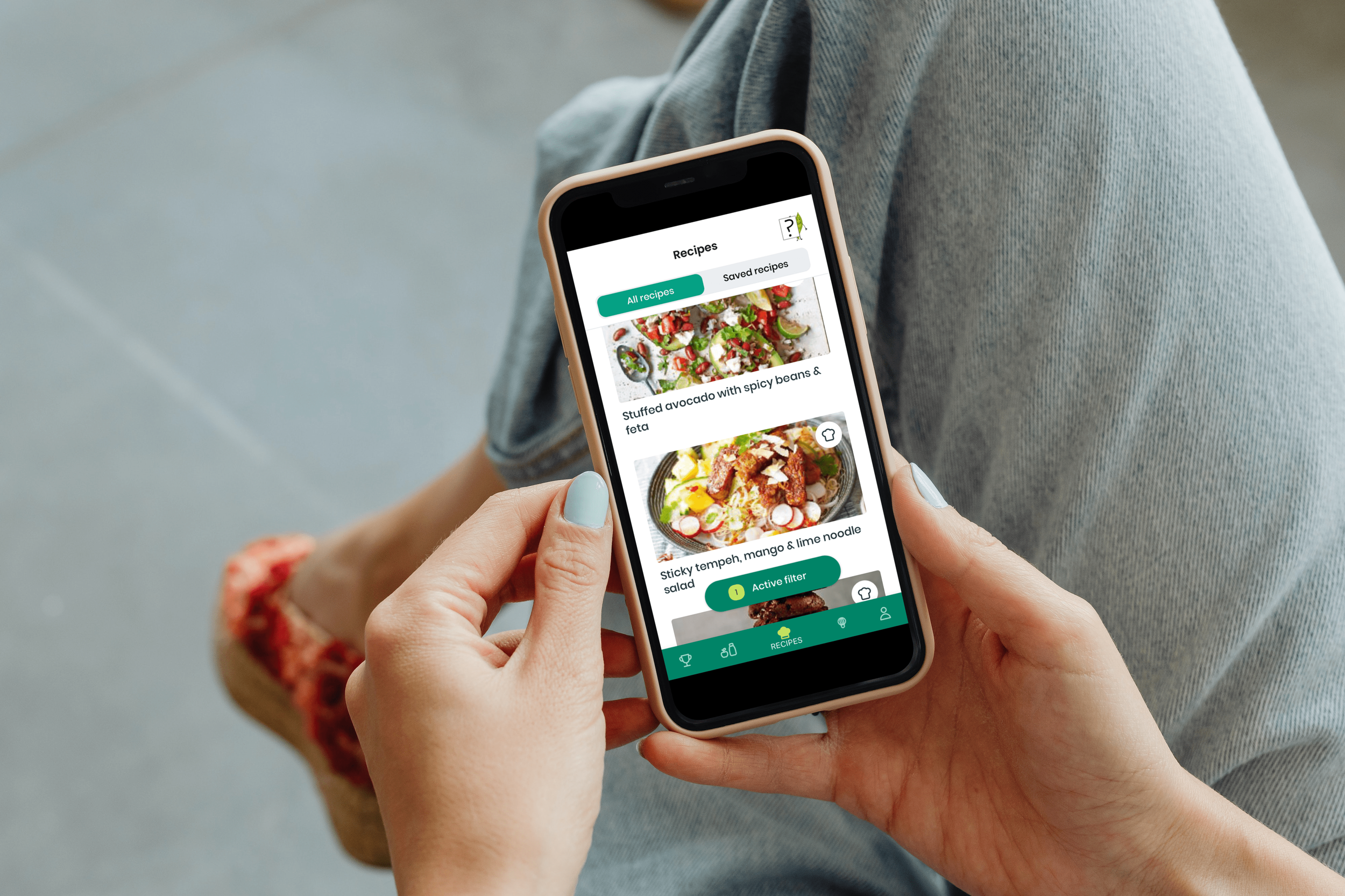Lynsey Scott
The co-founder and co-CEO of food waste app Kitche tells us about starting a purpose-driven business, and how tackling food waste can help households beat the squeeze – while helping the environment at the same time.
Soaring supermarket inflation and the never-ending cost of living crisis has seen many Britons searching for ways to save money on food costs, whether it’s using food banks to offset the squeeze or embracing ‘freeganism’ – trawling through restaurant wheelie bins for unused food.
There’s one saving they could be making closer to home. Every year the average UK family throws away more than £780 of fresh produce because it’s gone mouldy, soft or out-of-date. The environmental impact of this food waste isn’t insignificant either: one third of the world’s food is discarded every year according to one UN study. Once this rotting waste ends up in landfill, it releases greenhouse gases such as methane and carbon dioxide into the atmosphere, making it one of the largest CO2 emitters in the world. And around 70% of this is household waste.
Tackling this waste to help both the planet and household finances is the mission of entrepreneur Lynsey Scott, who launched the UK’s number one home food waste app Kitche in 2019 with friend Alex Vlassopulos. The problem is getting worse, she says.
“Food waste increased after the last national lockdown was lifted. We need to get back to basics with food [to understand] how it nurtures us.”
The way Kitche works is simple: the free app makes it easy for people to import food multiple ways by typing, using speech recognition, scanning barcodes and whole supermarket receipts, which provides users with an inventory of what they’ve just bought. From there, it dishes out recipes, hacks and tips to use food at home, even the products lurking at the back of the fridge or cupboard (the main reason for food waste is because people “don’t know what to cook” according to Censuswide research), as well as sending notifications when food needs eating or freezing.
The app’s lively mix of thousands of recipes and food hacks (everything from making stock using carrot peelings to preserving avocados in water) has proved popular: so far Kitche has been downloaded over 50,000 times, while 20,000 people have signed up for its monthly email newsletter.
An idea is born
Over the last year, Kitche has joined forces with the UK government and several county councils, using the app’s data to help drive behaviour change in citizens, as well as educational events such as live cooking classes.
“For councils, food waste costs millions every year,” says Scott. “By using our data, they can see what’s going on, and what people are wasting where, as well as using Kitche as a modern marketing tool to help people learn how to reduce their waste. Our aim is to help reduce councils’ cost of removing and disposing food waste, as well as reducing the cost of food waste for people at home”
Being economical with household costs is second nature for Scott. Growing up in 1980s’ Staffordshire, she says “subliminally, a positive make do and not be wasteful attitude has always been there – our fridge was always full of reduced food; like many kids if our jeans ripped, we’d wear a patch rather than buying a new pair.” She remembers fondly a family activity of opening non-labelled tins from the Co-op’s reduced section, trying to ascertain whether the brown splodge inside was “pet food or meatballs”.
After graduating with an advertising degree, Scott worked for over 15 years in advertising working her way up from Art Director to Creative Director , for agencies including Saatchi, and clients ranging from everyone from Burger King to Durex and Lemsip. In 2009 she launched an organic T-shirt business, Eco Boutique, but it wasn’t until she was on maternity leave with her first child, that Scott decided to make a purpose-driven business her life’s work.
“I remember sitting on the sofa feeling an overwhelming responsibility for my child,” she recalls. “I was thinking, ‘Our planet is our future home and it’s being destroyed. I must try and fix this’”.
But how? A few weeks later Scott was walking in the park with her friend, Alex Vlassopulos. They discussed the difficulties of cooking for a family while leading busy careers, and ensuring no food was discarded unnecessarily. To their surprise, no app existed to help families with food waste. The idea for Kitche was born.
A positive impact
Today, Scott looks after Kitche’s consumer side (everything from the brand, design and marketing to building a community of users) while Vlassopulos handles sales. Kitche has a growing team, including Letitia Rohaise, Head of Impact, and behaviour change expert, and ‘Chef Dan’ who is Executive Teaching Chef at Google.
Kitche has raised over £500,000 including a recent crowdfund. Media coverage has been extensive: Channel 5’s The Gadget Show, The Guardian, The Sun and Daily Mirror. In some areas, such as Buckinghamshire, you’ll find Kitche branding emblazoned on the side of refuse trucks and wheelie bins.
Scott feels proud her business is helping families during the cost of living crisis, citing the mother who recently contacted her to thank Kitche for a recipe which taught her how to make tasty meals from edible bread crusts and loaf-ends. Food education is important to Kitche: their Mini Food Waste Warrior campaign aims to teach kids about food waste via games and an activity pack.
This month, Kitche was relaunched with a raft of new features, including the ability to add food products by voice and barcodes, an Explore section, full of hacks and tips, a Community area, plus a new impact section, where users can track food waste and see how much water, CO2, money and food they are wasting.
The next stage of Kitche’s modus operandi is working with supermarkets, which waste 200,000 tonnes of own-label food fit for human consumption every year, according to research by sustainability group Anthesis.
“Many supermarkets don’t know what happens to their food once it leaves their stores,” says Scott. “We can provide that information through Kitche data. It could tell them that they shouldn’t be running offers on bananas, or that shoppers are buying their veg from a rival supermarket.”
“It’s encouraging to know that Kitche is making a positive impact,” she adds. “We’re putting money back into people’s pockets and helping the planet… it’s the thing that gets me up every day.”



